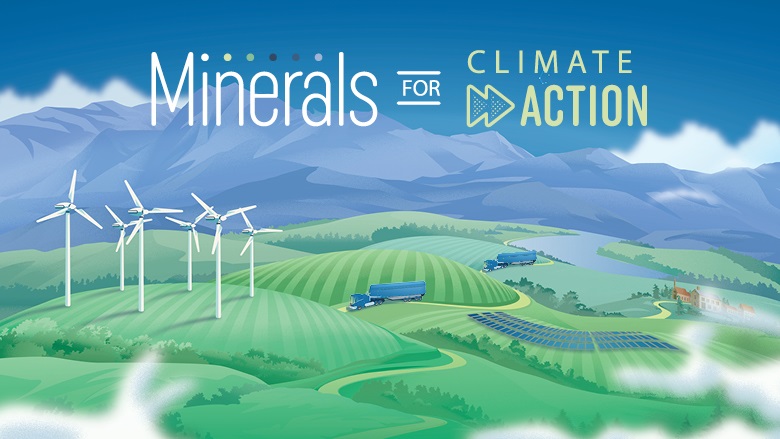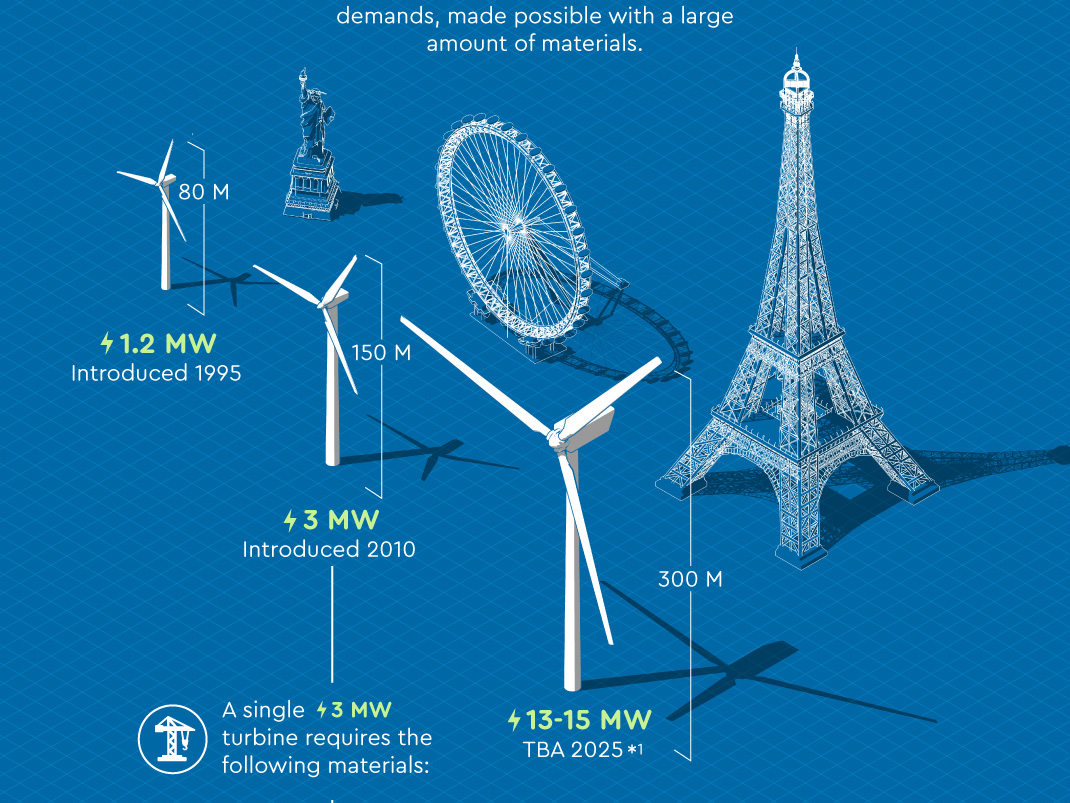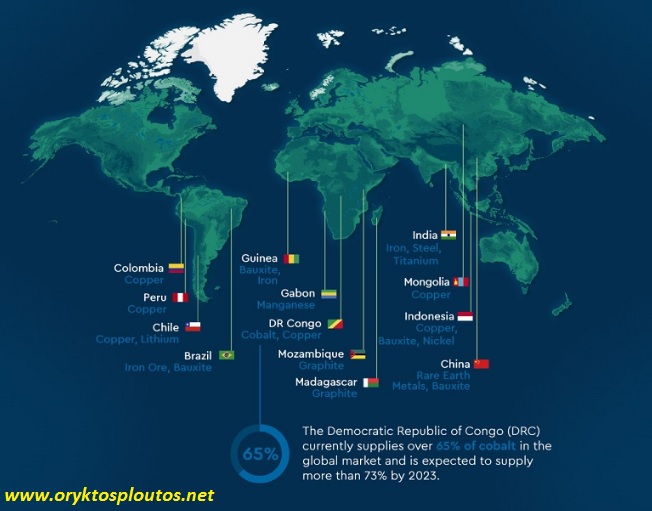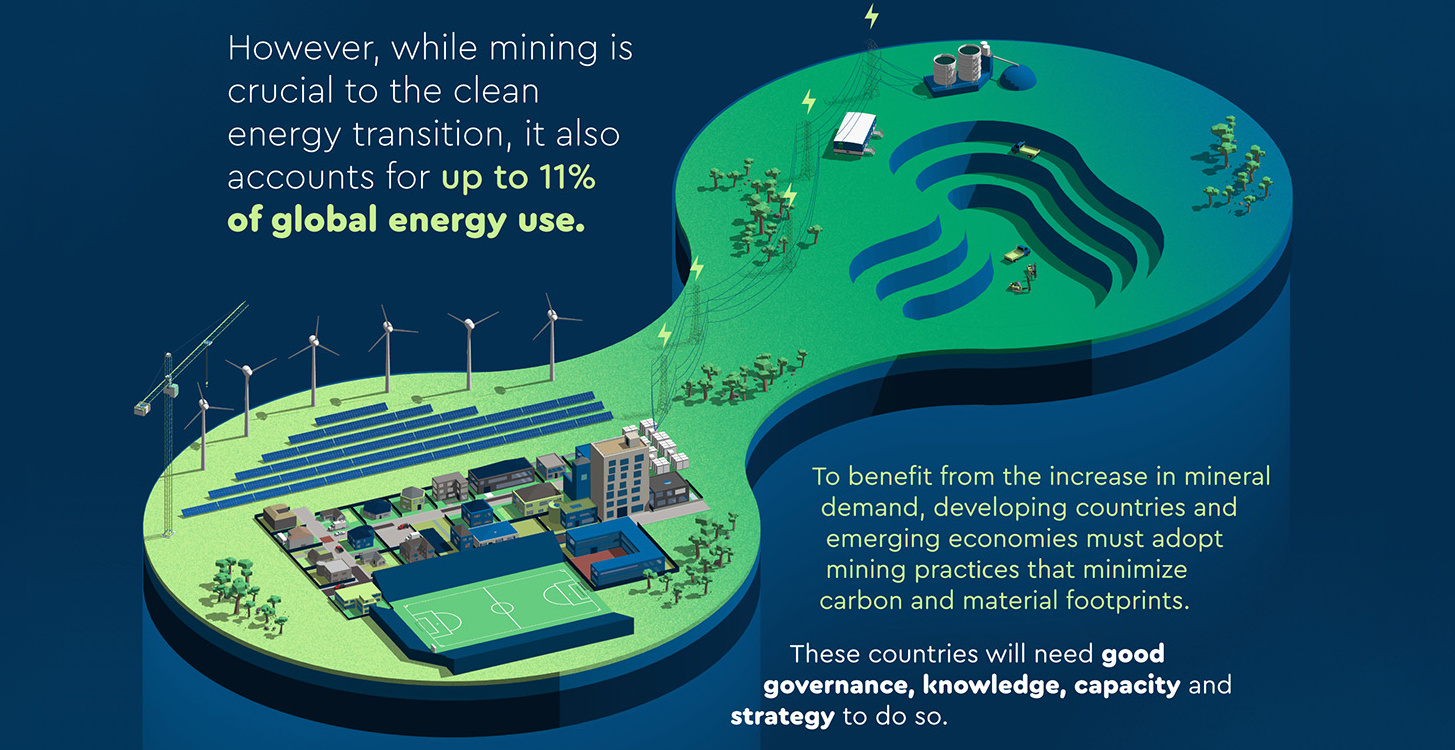

In 2017, the World Bank published “The Growing Role of Minerals and Metals for a Low Carbon Future”, which concluded that to realize a lower-carbon future there will be a substantial increase in demand for several key minerals and metals to manufacture cleaner energy technologies.In other words, the clean energy transition will be significantly mineral intensive.

And while the growing demand for minerals and metals provides economic opportunities for resource-rich developing countries and private sector entities alike, significant challenges will likely emerge if the climate-driven clean energy transition is not managed responsibly and sustainably.

While the growing demand for minerals and metals provides economic opportunities for resource-rich developing countries and private sector entities alike, significant challenges will likely emerge if the climate-driven clean energy transition is not managed responsibly and sustainably.
Without Climate-Smart Mining practices, negative impacts from mining activities will increase, affecting already-vulnerable communities in developing countries, as well as the environment in which they operate.
The Climate-Smart Mining approach has been developed in concert with the broader UN Sustainable Development Goals to ensure the decarbonization of the mining and energy sectors also benefits resource-rich countries that host these strategic minerals and the communities directly impacted by their extraction.
Climate-Smart Mining builds on the work the World Bank is doing to help ensure resource-rich developing countries benefit from their mineral resources and manage them in a sustainable manner, while fostering economic growth and development. Our technical support also helps governments improve the investment climate by strengthening governance and building the capacities of key institutions, policy frameworks and legislation.

The World Bank wants to ensure that resource-rich developing countries also benefit from the new mineral demand by de-risking investments using sustainable and responsible resource development strategies.


- For more information on the World Bank: please visit http://www.worldbank.org
- For more information on the Climate-Smart Mining Facility: please visit: http://www.worldbank.org/en/topic/extractiveindustries/brief/climate-smart-mining-minerals-for-climate-action
- For a video and infographic on Climate-Smart Mining, please visit: http://www.worldbank.org/en/topic/extractiveindustries/brief/climate-smart-mining-minerals-for-climate-action
Κλιματική αλλαγή, «πράσινη» ενέργεια, ορυκτές πρώτες ύλες:από τον μύθο στην πραγματικότητα(Ι)
Κλιματική αλλαγή, «πράσινη» ενέργεια, ορυκτές πρώτες ύλες:από τον μύθο στην πραγματικότητα(ΙΙ)
